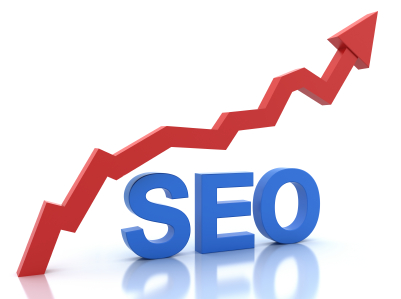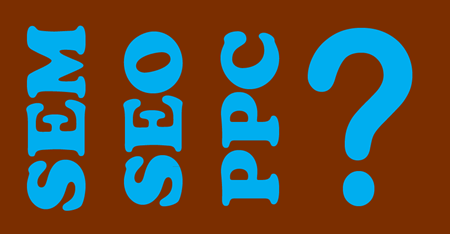Even huge businesses make suicidal SEO mistakes
Google gets angry when people try to manipulate its search results. Sneaky SEO mistakes made US retail giant JC Penney disappear from Google pages on most of their keywords…
You’d guess that a retail leader like JC Penney has top-notch SEO to promote their website. In Google’s search results in the US, JC Penney’s dominance was overwhelming competitors. Until last week.

New York Time reporters were interested in JC Penney’s unbeatable #1 rank for thousands of keywords, so they looked under the surface. What they found was a lot of sneaky link building.
JC Penney (or their SEO consultant) paid people to create big networks of links pointing to the JC Penney website. They were careful to use good link text with keywords included. This helped put their site on top of Google’s results for countless keywords about common products.
But JC Penney didn’t ‘earn’ the links with good content; they paid people to create links. Those links are on websites that have no relevance to JC Penney’s products. They had links about down comforters placed on sites about Chinese medicine and rural real estate.
Google manually ‘punished’ JC Penney. The company will take a big hit in their online results and they got a lot of bad press as well.
Lessons for all of us:
- Know what your SEO person is doing.
- Use Google Webmaster Tools and review your incoming links.
- Don’t try to trick Google. Focus on good content, use of keywords, structure and navigation, internal linking, good link text and legitimate links from relevant sites.
- Follow Google’s guidelines on link schemes.
Read more about the JC Penney inbound link scandal at search engine land.
UPDATE:
Magazine giant Forbes has been caught contributing to the other side of the paid link problem. Google is slapping them down for putting paid links with SEO link text onto pages with unrelated content. More on Forbes’ paid links at Search Engine Roundtable.







